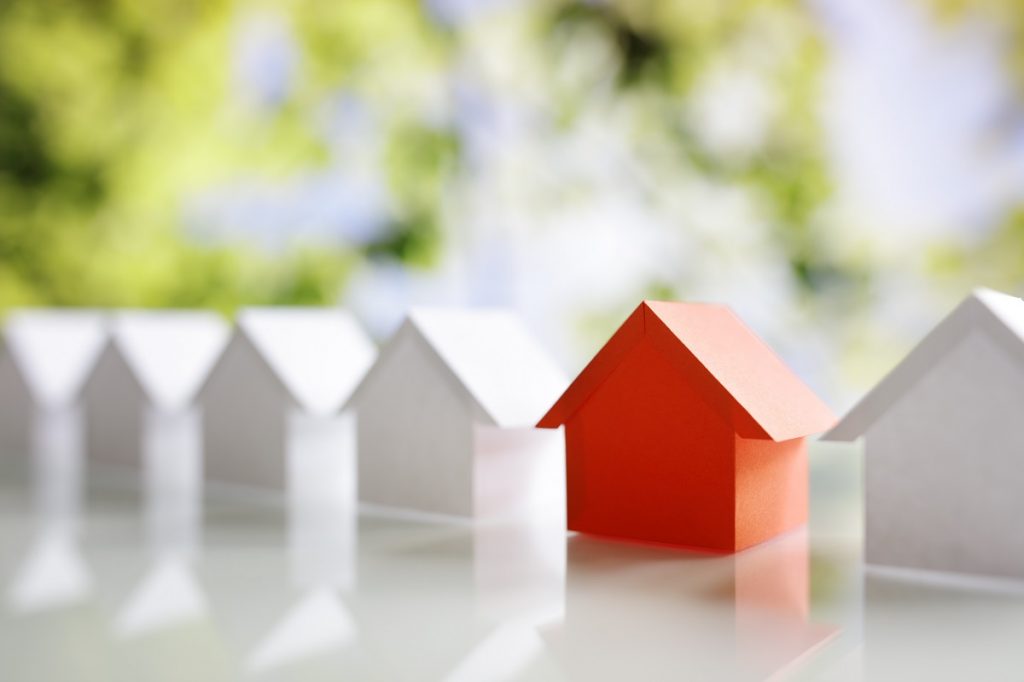- Green building certifications and renewable energy reduce environmental impact and attract conscious tenants and buyers.
- Sustainable landscaping and stormwater management protect local ecosystems while decreasing maintenance and water usage.
- Energy-efficient features, like low-plumbing fixtures and smart thermostats, can significantly reduce energy and water consumption.
- Adaptive reuse of existing buildings offers a cost-effective, environmentally-friendly solution while adding unique character.
Real estate development is one of the world’s largest industries, and it significantly impacts the environment. Fortunately, eco-friendly practices are becoming more and more common in this field.
Whether you’re an investor or a developer, implementing environmentally friendly practices can help you save money, reduce your environmental impact, and improve the overall quality of your developments. This blog will examine some of the best eco-friendly practices for real estate developers and investors.
Green Building Certification
If you’re a real estate developer or investor, one of the best eco-friendly practices you should consider is obtaining a green building certification. Green building certifications like LEED, BREEAM, and WELL provide a framework for creating and implementing sustainable building practices.
These certifications usually require a certain level of energy efficiency, water conservation, indoor air quality, and the use of environmentally friendly materials. They also help you attract more conscious tenants and buyers who are looking for sustainable properties.
Renewable Energy
Another way to make your real estate developments more eco-friendly is by incorporating renewable energy sources such as solar, wind, or geothermal. Investing in renewable energy can reduce your dependence on fossil fuels, decrease your long-term expenses, and help you optimize your energy usage. According to a report by the National Renewable Energy Laboratory, incorporating renewable energy in newly constructed buildings can reduce energy use by up to 50%.
Sustainable Landscaping

Sustainable landscaping practices are another eco-friendly practice you can use in real estate development. This means designing landscapes that require less water, fertilizer, and maintenance while providing environmental benefits like improving air and water quality. You can also incorporate native plants and trees into your landscaping to help preserve local ecosystems and support biodiversity.
Stormwater Management
Another important eco-friendly practice that real estate developers should consider is stormwater management. This involves designing and constructing strategies for controlling the flow of runoff from your development.
Stormwater management can help prevent flooding and reduce pollutant runoffs that can harm local ecosystems. It also helps in erosion control, as it reduces the amount of soil erosion from rain and other forms of precipitation. Erosion control is especially important for developments located in areas prone to high levels of rainfall. This includes places like coastal regions and mountain valleys.
Energy-Efficient Features
Energy-efficient features are also essential in eco-friendly real estate development. Having energy-efficient features in your buildings can help reduce your power consumption and save you money in the long run. Here are four energy-efficient features you should consider:
Low-flow plumbing fixtures.
Low-flow plumbing fixtures can reduce your water usage by up to 40% without sacrificing performance. Low-flow plumbing fixtures are also more efficient than traditional fixtures, so they will help reduce your energy costs as well.
High-efficiency windows.
Install high-efficiency windows in your building, as these are designed to keep the air inside and outside separate. This reduces the amount of energy needed to heat and cool the property, allowing you to save up to 25% on your energy bills.
Energy-efficient appliances.
Energy-efficient appliances can help you lower your energy bills in the long run. Look for ENERGY STAR-certified appliances, which are designed to use less electricity without sacrificing performance.
Smart thermostats.
Smart thermostats allow you to control your heating and cooling system from anywhere. This allows you to better manage your energy consumption and save up to 10% on your energy bills.
These features can help you lower your energy consumption, reduce your carbon footprint, and ultimately save money on energy costs.
Adaptive Reuse

Adaptive reuse is another way to make your real estate developments eco-friendly. Instead of tearing down existing buildings, adaptive reuse focuses on repurposing and renovating older buildings for new uses.
This helps avoid the environmental impact of new construction while providing a more sustainable, cost-effective solution. Adaptive reuse also adds character and history to the new development, making it more attractive to certain buyers or renters.
The adoption of eco-friendly practices in real estate development is not only a response to increasing environmental concerns but also a strategic approach to achieving long-term cost efficiency and customer appeal.
By obtaining green building certifications, utilizing renewable energy, practicing sustainable landscaping, managing stormwater, incorporating energy-efficient features, and adopting adaptive reuse strategies, developers and investors can create a substantial shift towards sustainable real estate. These practices not only yield environmental and economic benefits, but they also provide a competitive edge in the marketplace. Embrace the green revolution in real estate today for a sustainable and profitable tomorrow.

